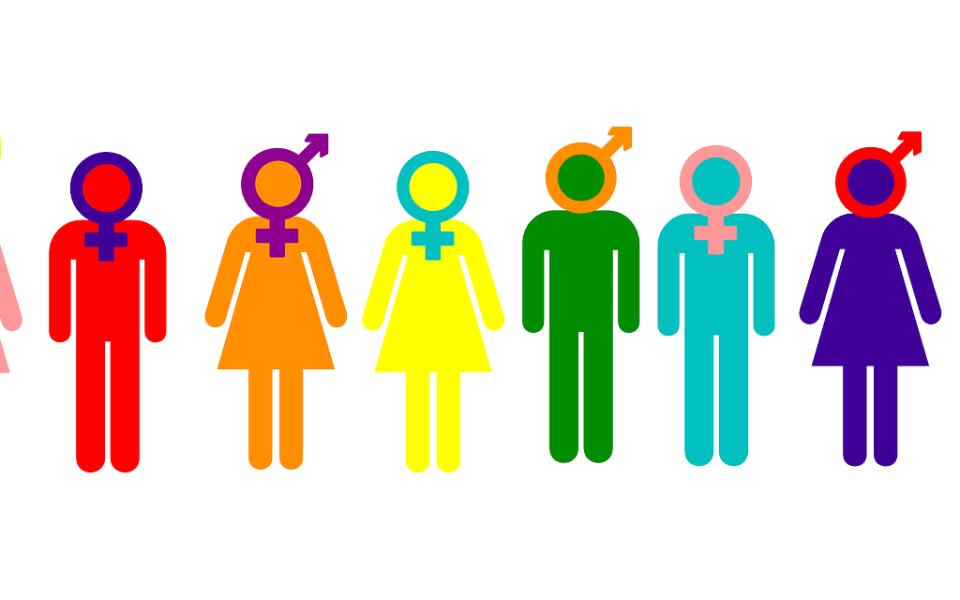Every year since 2011, the Human Rights Campaign has put out rankings for its municipal equality index, which examines LGBTQ-friendliness in the largest US cities. The report, which rates more than 500 cities on 49 different criteria, uses metrics such as the existence of non-discrimination laws, efforts to push for LGBTQ+ equality and inclusivity of LGBTQ+ individuals in municipal services. This year, Greensboro — which got a score of 79 out of 100 — was ranked the best out of the cities and towns chosen in the state, including others such as Chapel Hill (78), Durham (69) and Charlotte (64). This year, the chosen cities were: the state capitals, the largest cities in the country, the five largest cities or municipalities in each state, the cities home to the state’s two largest public universities, the cities and municipalities with the highest proportions of same-sex couples, and other cities selected by HRC and Equality Federation state groups members and supporters. Here’s how all three cities in the Triad rank on the list.
1. Greensboro — 79 out of 100 points
For the fifth year in a row, Greensboro ranks first among all cities in the state as listed in the report. The city didn’t receive any points in the first section, which covers the presence of non-discrimination laws as they pertain to employment, housing and public accommodations because of the passage of the law that replaced HB2 which prohibits local governments from regulating public accommodations or private employment practices before Dec. 1, 2020. It did however, garner a perfect score in the areas of municipal services, law enforcement and enforcement of LGBTQ+ equality. Most notably, the city got points for having an LGBTQ+ liaison in the city executive’s office and for having a LGBTQ+ police liaison or task force.
2. Winston-Salem — 52 out of 100 points
Winston-Salem ranked seventh out of the 10 cities in North Carolina for this year’s report. Like Greensboro, the city has no non-discrimination laws in place for employment, housing or public accommodations because of the law that replaced HB2 prohibiting such action. Other areas where the city was found lacking in the report include transgender-inclusive healthcare benefits and a non-discrimination ordinance for city contractors. However, the city did receive a perfect score in the municipal services section which gives points for things like having a Human Rights commission. The city also received a perfect score in the law enforcement section for having an LGBTQ+ police liaison or task force and for reporting annual hate-crime statistics to the FBI.
3. High Point — ? out of 100 points
Because of its size, High Point wasn’t listed on this year’s report so it’s hard to tell how it ranks against the other cities. Jeron Hollis, the city’s director of communications said that while the city does not have specific protections in place for LGBTQ+ employees, their health insurance does cover transgender-inclusive benefits such as hormone replacement therapy and gender reassignment surgery. Because of the law that replaced HB2, High Point does not have a local ordinance that prohibits discrimination in the private sector. According to the city’s police public information officer, the police department does not have a specific liaison within law enforcement for the LGBTQ community — unlike Greensboro and Winston-Salem — but does report hate crimes to the FBI.
Join the First Amendment Society, a membership that goes directly to funding TCB‘s newsroom.
We believe that reporting can save the world.
The TCB First Amendment Society recognizes the vital role of a free, unfettered press with a bundling of local experiences designed to build community, and unique engagements with our newsroom that will help you understand, and shape, local journalism’s critical role in uplifting the people in our cities.
All revenue goes directly into the newsroom as reporters’ salaries and freelance commissions.


Leave a Reply